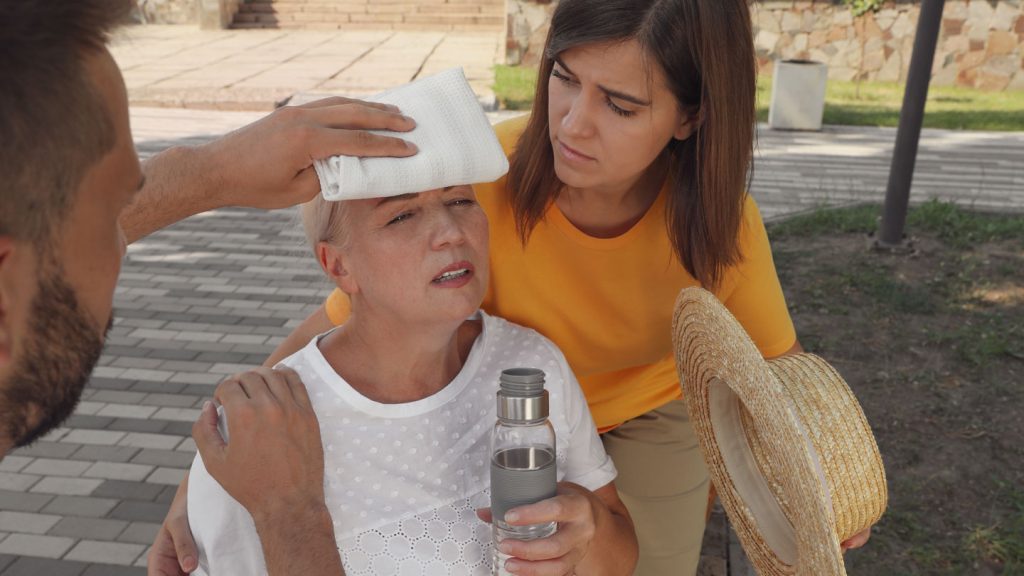During the hot summer months, the extreme heat can have serious consequences on our health, especially for those who are vulnerable to heat-related symptoms such as headaches, dizziness, confusion, delirium, and even organ failure. Bodies rely on mechanisms such as sweating and blood flow to regulate internal temperature. However, some chronic health conditions and the medications that treat these diseases can impact the body’s ability to handle heat, making older individuals particularly susceptible due to age-related decreases in cooling capabilities.
Researchers have found that certain medications, such as antipsychotics and cardiovascular drugs, can increase the risk of hospitalization during heat waves. These drugs may interfere with sweating, blood flow, or influence fluid levels, impacting the body’s ability to regulate internal temperature effectively. Identifying which medications pose higher risks and understanding the mechanisms behind these risks present challenges, especially when considering the complex interactions between medications and underlying diseases.
With the global population of adults over 60 expected to double by 2050, the urgency to study how medications interact with heat has increased. The impact of climate change on hotter weather presents a significant health risk for individuals dependent on medications to manage their conditions. Understanding how different medications affect the body’s response to heat is crucial for developing strategies to protect vulnerable populations during extreme weather events.
Some heart and brain medicines, such as beta-blockers and diuretics, can disrupt the body’s cooling system by reducing blood flow to the skin or causing dehydration. These effects can make individuals more susceptible to heat-related illnesses. While stopping or reducing medication usage during extreme heat is not recommended, it is essential for patients to discuss preventive measures and their vulnerability to heat stress with healthcare providers.
Recognizing the symptoms of heat-related illnesses, such as heat exhaustion and heat stroke, is crucial for prompt intervention. Heat stroke can be life-threatening and requires immediate medical attention. Knowing how to manage symptoms, such as moving to a cooler environment, hydrating, and seeking medical help, can potentially prevent serious health complications.
Researchers face challenges in studying the interactions between heat, health conditions, and medications. Ethical concerns prevent randomized clinical trials involving patients who rely on medications, and the inability to control heatwaves poses practical limitations. While assumptions can be made based on drug mechanisms, the complex interactions with human physiology in extreme heat remain poorly understood. Case studies, observational research, and interdisciplinary approaches are essential for unraveling the complexities of medication effects in extreme heat scenarios. Understanding the specific risks posed by different medications can aid healthcare providers in assessing and managing the health of vulnerable individuals during periods of high heat exposure.


